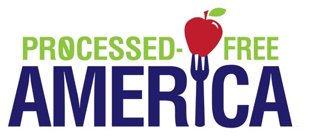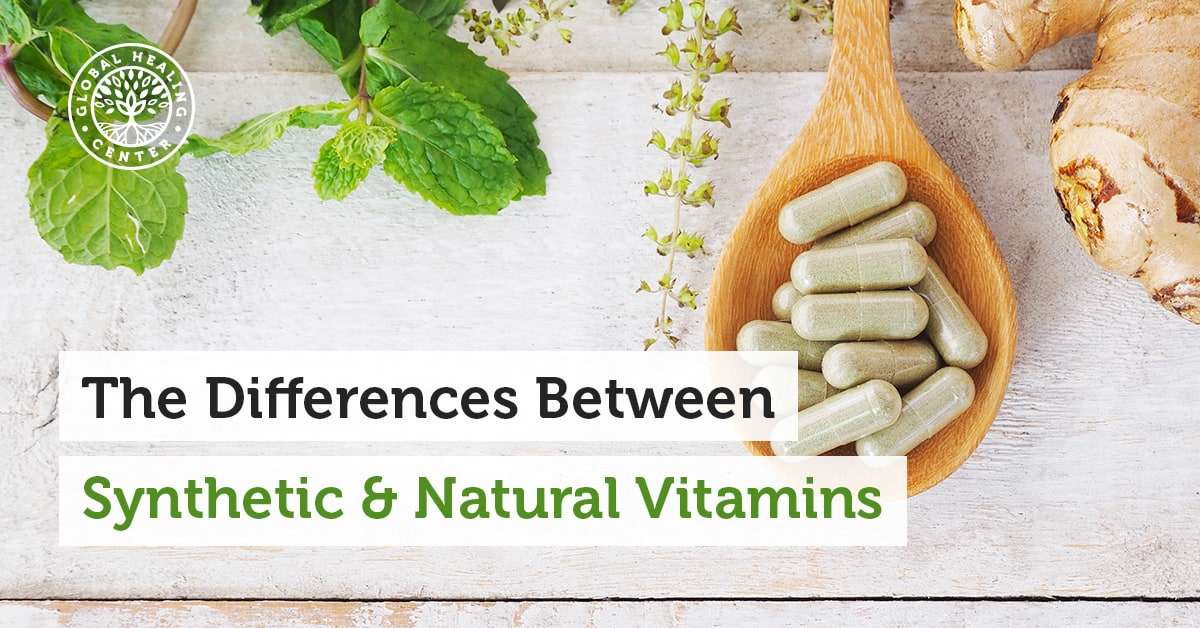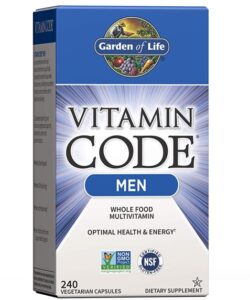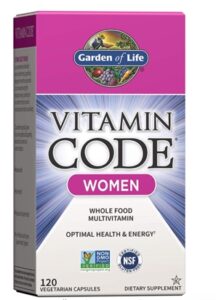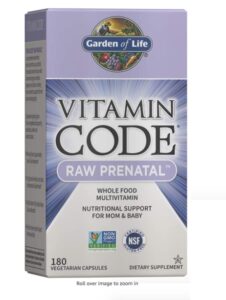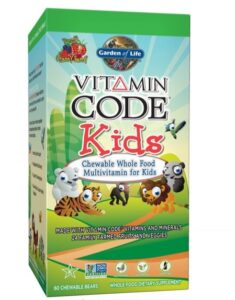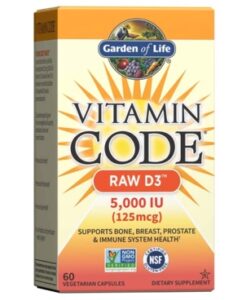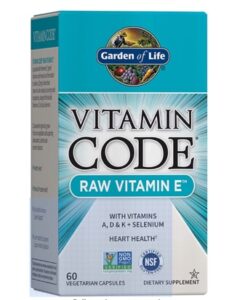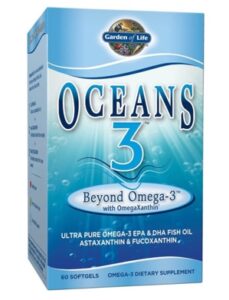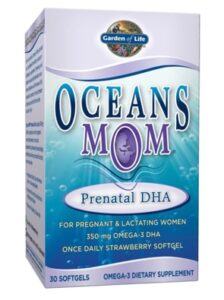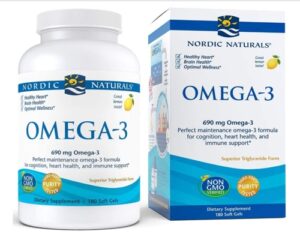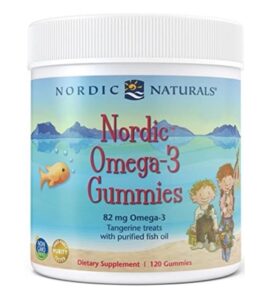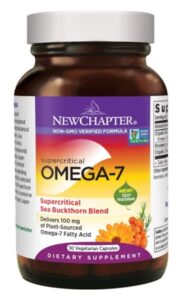 In our chemically polluted and stress-filled world, our nutritional requirements have been increasing, but the number of calories we require has been decreasing, as our activity level as a society has declined. This means we are faced with the need to get more nutrients from less food. At the same time, due to the cooking and processing of foods, which destroy most nutrients, getting even the Recommended Daily Allowance of vitamins and minerals from our modern diet has become difficult, if not impossible to achieve.
In our chemically polluted and stress-filled world, our nutritional requirements have been increasing, but the number of calories we require has been decreasing, as our activity level as a society has declined. This means we are faced with the need to get more nutrients from less food. At the same time, due to the cooking and processing of foods, which destroy most nutrients, getting even the Recommended Daily Allowance of vitamins and minerals from our modern diet has become difficult, if not impossible to achieve.
Additionally, because the nutrients in the soil that our food is grown in have been depleted over time, the food itself does not contain the amount of nutrients that it used to. For example, the apple your great grandfather ate had more nutrients in it than the apple you eat today, even if the apple comes from the same tree. That is because the soil that the tree is growing in has been depleted over time and the apple that it bears contains less nutrients as a result. And although the food itself has fewer nutrients in it in today’s world, our bodies still have the same requirements for nutrients that our great grandfathers did in order to be optimally healthy.
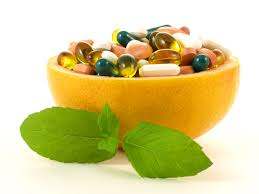 Consequently, in order to obtain the optimal amount of many nutrients, it is necessary to take them in supplement form. The question then arises as to whether vitamin and mineral supplements in pill form are as effective as the natural vitamins and minerals that exist in apples, asparagus, broccoli, and other real whole foods. Moreover, is it possible that your vitamin supplement is more toxic than it is healthful?
Consequently, in order to obtain the optimal amount of many nutrients, it is necessary to take them in supplement form. The question then arises as to whether vitamin and mineral supplements in pill form are as effective as the natural vitamins and minerals that exist in apples, asparagus, broccoli, and other real whole foods. Moreover, is it possible that your vitamin supplement is more toxic than it is healthful?
Synthetic versus Natural Whole Food Supplements
The answer is it depends. Vitamin supplements can be divided into two groups: synthetic and natural (also called whole food supplements). Most over-the-counter vitamin supplements like One-A-Day, Centrum, Kirkland, and many others are synthetic – meaning they are made in a laboratory from isolated chemicals that mirror their counterparts found in nature but are not from real food. Natural vitamin and mineral supplements are derived from real food sources, specifically vegetables, fruits, herbs, seaweeds and marine algae.
What is the difference between synthetic and natural vitamins and minerals? There is a world of difference between synthetic vitamins that are in pill form versus natural vitamins that are contained within nature’s foods. Although the chemical differences between a vitamin found in food and one created in a laboratory is slight, synthetic supplements contain the isolated vitamins only, while natural supplements also contain all of the other nutrients in foods not yet discovered, such as antioxidants and phytochemicals that help the vitamins do their jobs. Natural vitamins also retain the necessary enzymes that are specific to the foods they are derived from, which assist the body in utilizing the vitamins and minerals properly.
Another difference is that synthetic vitamins may also include coal tars, artificial coloring, preservatives and stabilizers such as maltodextrin, stearates and dioxides, sugars, and starch, as well as other additives. You should beware of such harmful elements.
Natural whole food supplements are made by condensing or compressing real whole foods and then evaporating off the water. The actual process is achieved by placing vegetables and fruits in a large blender and then dehydrating the mixture to evaporate the water at very low temperatures. The low temperature is crucial so as not to destroy the enzymes and cofactors contained in the foods. The enzymes are very important synergists that are required for digesting and assimilating vitamins and minerals. The remaining dried “powders” are then placed in capsules or combined with vegetable cellulose to form solid tablets.
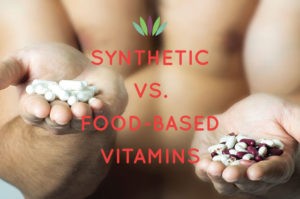 If you are deficient in a particular nutrient, the synthetic chemical source will work to an extent, but you will not get the benefits of the vitamin as found in whole foods. Synthetic vitamins just do not work like foods, and foods are what our bodies were designed to use for healing, prevention and energy. There is no substitute, and no matter how you look at it, synthetic vitamins are an invention of scientists, so they are prone to cause side effects, be incomplete and lack what we need to overcome or prevent health problems.
If you are deficient in a particular nutrient, the synthetic chemical source will work to an extent, but you will not get the benefits of the vitamin as found in whole foods. Synthetic vitamins just do not work like foods, and foods are what our bodies were designed to use for healing, prevention and energy. There is no substitute, and no matter how you look at it, synthetic vitamins are an invention of scientists, so they are prone to cause side effects, be incomplete and lack what we need to overcome or prevent health problems.
For years synthetic vitamins have been sold and marketed as the “magic bullet” for all health conditions. The problem is that vitamins, when not still contained in their original food (oranges, bananas, spinach, broccoli, etc.) are merely chemicals. Our bodies do not recognize synthetic vitamins as nutrients, because they don’t work the same way as whole foods for these simple reasons:
1. Foods contain not just vitamins, but the co-factors (synergists) and helper nutrients that allow vitamins to work.
2. Foods are never found in high potency, so you won’t suffer any toxic side effects that have been proven to exist with synthetic vitamin pills. The most recent example of vitamin toxicity was the report about vitamin E being toxic. Real foods never deliver toxic doses of vitamins.
3. Vitamins are just a small part of what our bodies require for health and healing. It is very often that it is the other food properties that help us while the vitamins are secondary.
For these reasons, and more, synthetic vitamin pills, despite their use and overuse, are lacking the properties of real nutrition, which can only come from eating nature’s real, whole, raw foods. The ONLY supplement that someone should take, therefore, is a whole food formula WITHOUT any isolated (singular vitamin). In order to know whether your vitamin and mineral supplement comes from whole foods, you have to carefully read the labels. Instead of just names of vitamins and minerals on a label, you should be looking for the names of foods and herbs on the label, such as kale, dandelion, kelp, ginger, cinnamon, apples, carrots and broccoli.
It is a very common misconception that we need to take high dosages of vitamins to keep us healthy. Remember, real whole foods are never found in high potency, so don’t be fooled by high milligrams, high potency, standardization or any other such terms that just do not apply to real foods from nature.
Vitamin supplements are supposed to be just that – supplements. They are not intended to replace what you would get from eating the actual food. There is no vitamin pill or supplement that can make up for a diet that is lacking in variety and nutrients.
Sources:
Balch, James and Balch, Phyllis, Prescription for Nutritional Healing, 2nd Ed., Avery Publishing Group, New York, 1997.
Shayne, PhD, Vic, Symtpoms of Vitamin B Deficiency and Why Vitamin Pills Are Not Enough, 2005.
DEE’S SELECTION OF MULTIVITAMINS
DEE’S SELECTION OF VITAMIN D
